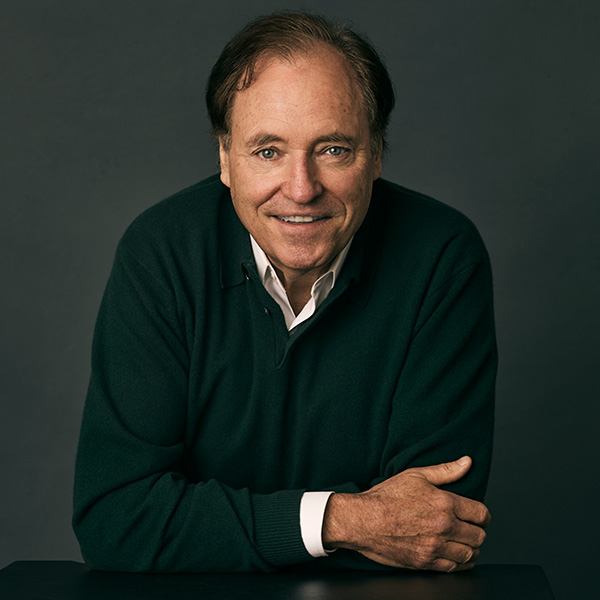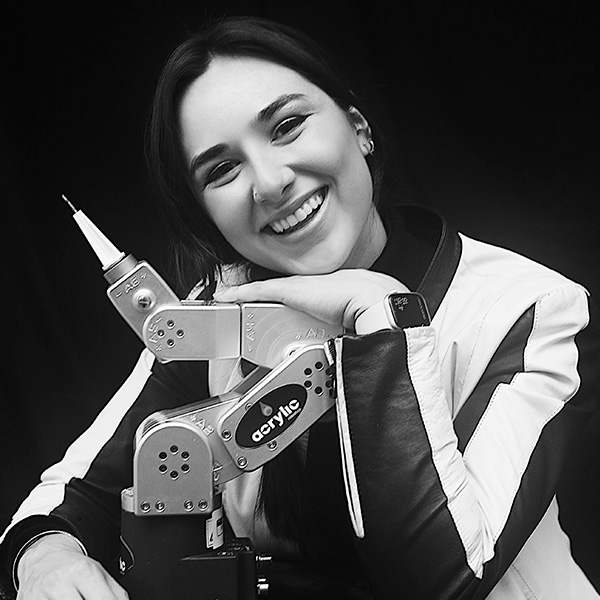Dan Park, BCom’03, wants to make the experience of buying a used car as easy as ordering a pizza online – and a lot more trustworthy than buying from a used car salesperson.
As CEO of Clutch Canada, an upstart e-commerce platform for buying and selling used cars online and having vehicles delivered directly to the buyer’s door, Park aims to disrupt and transform an industry known for its cumbersome, old-fashioned, and sometimes dodgy ways.
“How cars are sold hasn’t changed for over a century since the advent of the Model T. It’s crazy that there is no consumer brand spanning coast to coast in the pre-owned car space. This is a $40-billion market, which is extremely fragmented with 25,000 used-car dealerships across the country. Clutch has an incredible opportunity to create a brand, an experience and a product for Canadians that offers trust and transparency around something that doesn’t have that,” says Park, who was recruited by consumer brand venture capitalist Andrew Black in late 2019 to grow the fledgling business from Halifax nationwide.
As the general manager of Uber Eats Canada for three years, Park played a key role in leading the food delivery platform to $1.5 billion in annual gross bookings and an expansion into over 100 Canadian markets. Uber Eats started in Toronto as an offshoot of Uber’s ride-hailing business, before going worldwide.
“Uber called us a non-core business at first. That fuelled our desire to grow and scale it, and to show the business was viable and long-term. Uber Eats was a fantastic ride and it’s now bigger globally than Uber Rides,” he says.
Park’s aspirations for Clutch are similarly ambitious as far as “hyper-growth” on a national scale and building a category-defining brand. After launching in Toronto in January 2020, Clutch boosted sales substantially during the pandemic as consumers, who were avoiding public transport and ridesharing, began buying used cars instead.
Clutch has moved into Vancouver and increased total sales by over 1,000 per cent since its first full year of operations in 2017. “We want to be in all the major Canadian cities within a year and expand into smaller markets across the country in the next two to three years, with the goal of serving 80 to 90 per cent of Canadians,” he says.
The biggest challenge for Clutch, and a big difference from Uber Eats, is that Park must convince buyers to purchase a big-ticket item for $20,000 online – rather than a $20 pizza – without seeing or test-driving the product until it pulls up in their driveway.
Trust, convenience, and price are the three metrics by which Park aims to win over consumers from their other two options – spending an average of four hours in a dealer showroom haggling over price, or meeting a stranger in a parking lot to eyeball their prospective purchase.
Clutch woos consumers with a seamless, Amazon-like online experience that features next-day delivery, a non-negotiable discounted price, and a 10-day money back guarantee on vehicles of good quality. Clutch typically offers cars that are seven years old or less, have under 100,000 kilometres of mileage, with no or only light accidents, which are re-conditioned and must pass a 210-point inspection. The online listing includes photos, maintenance history, inspection reports, and details of all scratches.
Before joining Uber Eats, Park was a principal at Azure Capital Partners, a San Francisco-based venture capital firm, where he worked closely with early-stage tech start-ups in Canada and the United States. He successfully raised $70 million in financing from VC firms — such as Silicon Valley-based Canaan Partners, an early backer of Instacart, and Canada-based Real Ventures, run by Kijiji founder Janet Bannister – on the strength of his Clutch pitch and Uber Eats track record.
“The Clutch story makes a ton of sense. Having worked in VC, I had an inside track, and the calls were easy to make,” he says.
Access to capital is key to Clutch scaling fast, attracting consumers with a broad inventory and attractive prices, and performing the due diligence inspections and servicing to ensure quality and build trust, confidence, and brand loyalty among Canadians.
Park’s business model is based on selling a large volume of cars quickly, removing the high overhead costs associated with expensive vehicle showrooms and commissioned salespeople, and offering a big, diverse selection of vehicles to entice buyers. “Raising $70-million in capital made it possible to add a lot of inventory,” he says.
As a student, Park enrolled in McGill’s demanding joint honours economics and finance program. “I’d heard this program was the hardest, but also the most rewarding. That appealed to me. More than 150 students started and only 25 graduated with the designation,” he recalls.
Raised in Yellowknife, Park embraced the cosmopolitan flavour of McGill and Montreal, but knew little about high finance at first. “The program was mathematically and intellectually very rigorous. The academic rigour helped me get my first job in investment banking. Every executive and leader should have a lens through which they look at their business and McGill provided me with the financial lens to evaluate business decisions,” he says.
Park also got heavily involved in student government as president of the Management Undergraduate Society, overseeing a team of 12 and receiving the Scarlet Key, awarded to McGill students who demonstrate outstanding leadership. “I learned about team management and how to manage a [large] budget. I got to understand and appreciate how to provide people with lots of autonomy, but also direction and support for what they need to be doing. That relates directly to leading start-ups, where you need people who can solve problems and operate well with very little guidance,” he says.
Every year a Gallup poll ranks nurses at the top of a list of the most trusted professions and rates car salespeople as least trustworthy, along with politicians. With Clutch, Park is aiming to inject trust, transparency and convenience into the dark, musty void of the pre-owned car marketplace. “Clutch is 100% focused on providing a great product experience. We can offer a level of service around the vehicle that no consumer can ever replicate by eyeballing. We are hoping to bring everything the used-car industry is not to consumers. We want to make the [act] of buying a car fun again,” he says.


